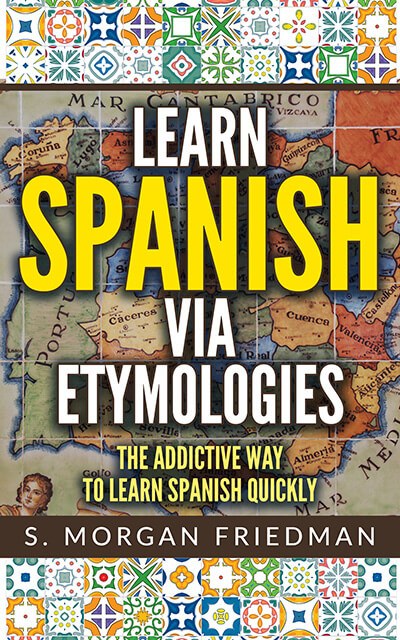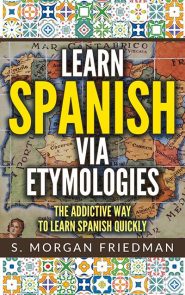The very common Spanish word aguantar, meaning “to put up with”, comes from old Provençal for glove, guanto.
We can see the evolution: something you put up with is something you (metaphorically) carry around with you, a burden. And what is a glove if not something you wear, something you carry around, something that helps you carry anything else?
There’s an interesting parallel to the English, bear — in this “put up with” sense, not the animal sense. Bear, from the Old English beran, originally meant something you “bring” or “carry”. So, bear follows a parallel etymology as aguantar, both originally meaning what you carry and becoming what you force yourself to put up with.
Funnily enough, the Old English beran also became bore and born in English: women do bear children, after all. I guess children are really just something you need to put up with.

